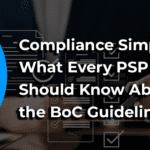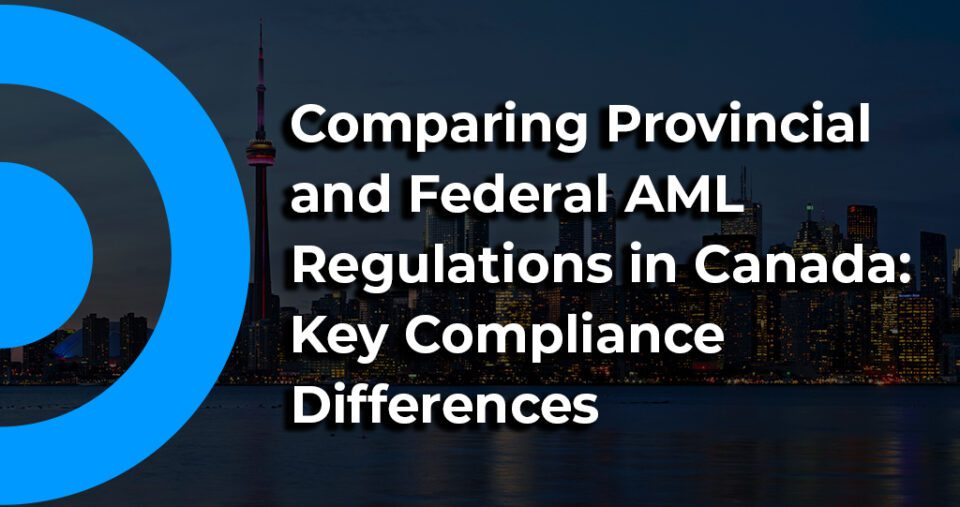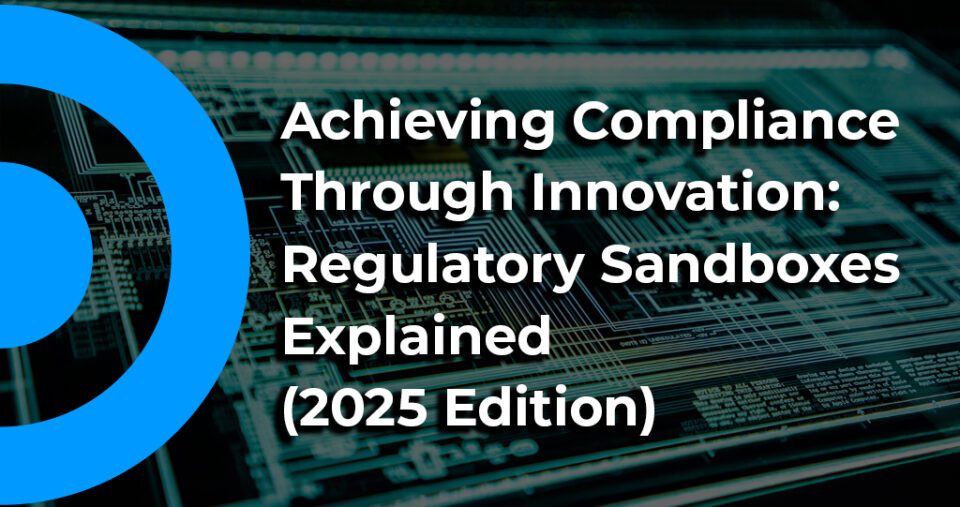
Compliance Simplified: What Every PSP Should Know About the BoC Guidelines
December 6, 2024
How Paycompliance Helps PSPs Meet Global Standards
December 11, 2024Payment Service Providers (PSPs) operate at the intersection of finance and technology, navigating a complex web of regulations to ensure seamless and secure transactions. In 2025, the global compliance landscape presents unique challenges for PSPs, driven by evolving technologies, stricter regulations, and heightened expectations from stakeholders. Here are the top compliance Challenges PSPs Face in 2025:
1. Adapting to Constantly Changing Regulations
Regulatory environments are becoming increasingly dynamic as governments respond to technological advancements and emerging risks. PSPs must:
- Monitor regulatory changes: Stay updated on new and amended regulations in all regions of operation by following resources like the Financial Stability Board (FSB).
- Ensure cross-border compliance: Harmonize practices to comply with diverse international requirements.
- Engage in proactive advocacy: Participate in regulatory consultations to influence policies affecting the industry.
2. Addressing Data Privacy and Security Concerns
With rising cyber threats and data breaches, regulators are imposing stricter data protection requirements. Key Challenges PSPs Face in 2025 include:
- Complying with global privacy laws: Align operations with laws like GDPR, CCPA, and other region-specific regulations.
- Implementing robust cybersecurity frameworks: Prevent unauthorized access to sensitive customer and transaction data.
- Enhancing customer transparency: Clearly communicate data usage policies to build trust and ensure compliance.
3. Mitigating Money Laundering and Fraud Risks
Anti-Money Laundering (AML) and Counter-Terrorism Financing (CTF) measures remain top priorities for regulators. PSPs must:
- Strengthen transaction monitoring systems: Leverage AI and machine learning to identify suspicious activities in real-time.
- Conduct enhanced due diligence: Perform thorough background checks on customers and partners.
- Comply with KYC requirements: Ensure stringent Know Your Customer protocols are in place.
Explore AML solutions at Paycompliance.
4. Navigating the Rise of Digital Currencies
The adoption of cryptocurrencies and Central Bank Digital Currencies (CBDCs) introduces both opportunities and regulatory challenges:
- Establishing clear policies: Define internal guidelines for handling digital currency transactions.
- Complying with evolving crypto regulations: Monitor legal frameworks for digital assets across jurisdictions.
- Managing volatility risks: Address the financial and operational impacts of crypto fluctuations.
5. Maintaining ESG Compliance
Environmental, Social, and Governance (ESG) considerations are becoming integral to regulatory compliance. PSPs are expected to:
- Disclose sustainability practices: Report on carbon footprints and social impact initiatives.
- Adopt ethical business practices: Ensure responsible operations across supply chains.
- Align with global ESG standards: Incorporate frameworks like the UN’s Sustainable Development Goals (SDGs).
6. Keeping Up with Technological Advancements
The rapid evolution of payment technologies necessitates compliance adaptation. PSPs must:
- Integrate RegTech solutions: Use regulatory technology to automate compliance processes.
- Ensure interoperability: Maintain compatibility with various payment systems and regulatory frameworks.
- Balance innovation with compliance: Launch new products and services without compromising regulatory obligations.
7. Responding to Geopolitical Shifts
Geopolitical events, such as sanctions and trade wars, have significant compliance implications. PSPs need to:
- Monitor global developments: Assess the impact of political changes on operations and regulations.
- Adapt to trade restrictions: Ensure compliance with embargoes and sanctions.
- Collaborate with global partners: Build resilient networks to navigate geopolitical uncertainties.
Overcoming the Challenges
While the compliance landscape for PSPs in 2025 is demanding, it also offers opportunities to build trust, enhance operations, and drive innovation. To succeed:
- Invest in compliance expertise: Build a knowledgeable team equipped to manage complex regulatory requirements.
- Leverage technology: Adopt advanced tools to streamline compliance efforts and reduce risks.
- Engage stakeholders: Foster collaboration with regulators, customers, and partners to achieve mutual goals.
At Paycompliance, we understand the challenges PSPs face and provide tailored solutions to help you navigate the evolving regulatory landscape. Contact us today to learn how we can support your compliance journey in 2025 and beyond.



